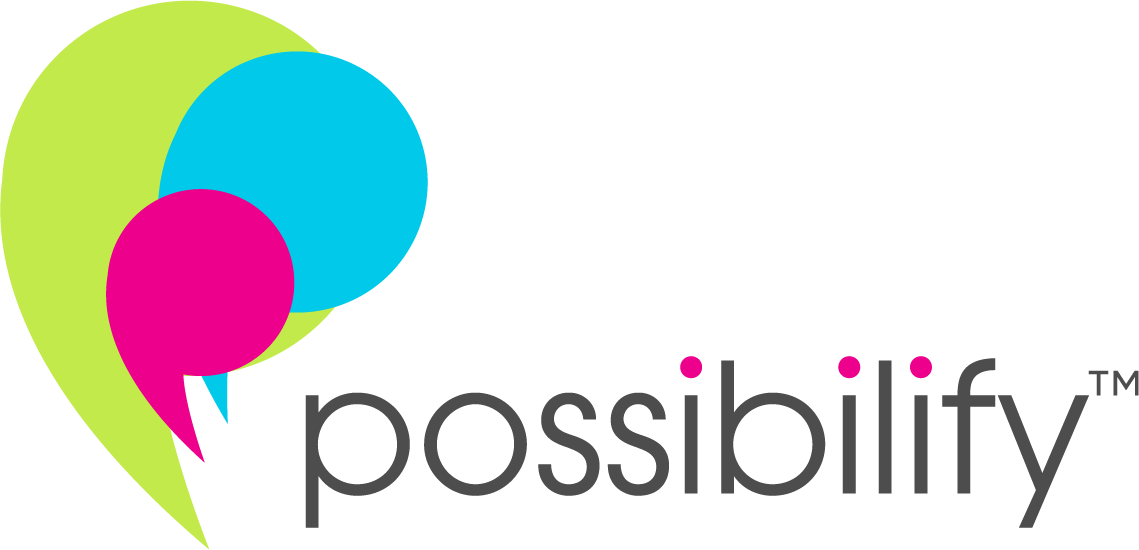- Anti-Racism Tip #8: If It Needs a Disclaimer, Don’t Say It - October 18, 2022
- On Tender Moments that Take Us By Surprise - May 18, 2022
- Finding Creative Ways to Exercise During the Pandemic - April 29, 2022
Can you imagine being so tired that you can hardly keep your eyes open during a 5:30 pm dinner?
Can you imagine feeling so exhausted that if you don’t get a seat on the bus you consider sitting down on the floor?
Can you imagine feeling so unwell that the most common thought that you catch creeping into your mind is “I feel like my body is dying”?
That was me five and half years ago. And I still find that fatigue hits me in waves.
At times of stress, fatigue can hit me several days or weeks later and knock me almost flat. These “stressful” days would, for most people, be characterized as normal but, for my body, even normal amount of stress can be too much for my body to handle.
During this past five and a half years, I have learned a lot about fatigue… the physical, hormonal, lifestyle causes and the many supplements, strategies and treatments that help me overcome it.
So I thought I would share four strategies that I use to live as gracefully as I can with fatigue.
1. Respect Your Energy Window
The first and most important strategy is taking note of my energy levels. As this can shift from day to day and week to week, I need to be attuned to what my body is telling me about how much energy I have in this moment.
Since this fatigue has set in, I have accepted that my energy window is not the same as it used to be. I used to be able to stay awake from 7 am to midnight (so my energy window was around 17 hours or so) and still function the next day.
Now my energy window is much shorter.
I can function at a relatively productive and high level from 7 am to 5 pm but once I get home, I’m usually spent. On days when I feel fatigued, I may only be able to drag myself out of bed at 7:30 am and then I go to bed after reading my kids their bedtime stories around 8 pm (which brings my energy window down to 12 hours). That five hour difference is significant. Not only do I need to be aware of my reduced energy levels but I need to be able to very clearly make choices about my priorities for what I want to focus my energy on during that time.
Practically, this also means my new bedtime routine starts at 7 pm. So I wash my face and brush my teeth at the same time as my kids so that I can fall asleep for the night with my kids if I need to.
Although at times it’s really hard to feel satisfied with this, I have accepted the reality that I need a lot more sleep than I used to and that it can take me a long time to recover if I stay up too late. This acceptance makes it easier for me to be disciplined about an early bedtime. It also means that I’m disciplined in not accepting evening commitments unless they are really important to me (because it can take me days or weeks to recover).
2. Allow Yourself Space to Feel Annoyed
Recently, a lovely friend of mine, who experiences much more severe fatigue than I do, complained that her plans for the weekend were totally ruined because she didn’t have the energy to participate in all the fun she had planned with her kids. I responded (too quickly) with some “helpful” strategies for her to reframe this situation.
But frankly, it totally sucks and I get it!
In reflecting on this, I realized that it’s really important to allow yourself the space to feel annoyed and disappointed on those days when your fatigue takes over and ruins your plans for the day. (And note to self: it’s important for me to provide this same space for others. So next time I promise to do a better job of this Lisa!)
Of course, it isn’t helpful to wallow in self-pity for too long so on to tip #3.
3. Reframe and Use More Positive Words to Describe Your Fatigue
My daughter just turned 7 and so I have been living with fatigue for almost her whole life. It was really severe when she was little and at times I could hardly drag myself off the couch to play.
Although the fatigue has generally lifted these days, every once in awhile it hits me again. Not too long ago, I was experiencing a bout of fatigue that lasted several months. I remember saying to my daughter over and over, “sorry…Mommy is too tired to walk over to the park” or “sorry, Mommy needs to stay home and rest while you go to your swimming lesson with Daddy.”
After saying things like this over and over, I started reflecting on the fact that I don’t want my daughter to think of her Mom as someone who is tired all the time or who can’t do things. I want her to see me as a woman who is confident, capable and crushing life so she can aspire to be that kind of woman too when she grows up.
So I sat down and had a conversation with both my kids and said: “You know, sometimes there are times when Mommy needs more sleep and rest to have enough energy to do all the things I want to do. So during those times I need to cocoon. Right now, I’m cocooning – I’m resting up so that I can emerge as a beautiful butterfly.”
Since then, I have been using this idea of cocooning to describe these periods of fatigue to myself and my family.
And you know what? It makes it a lot better.
It doesn’t change the fact that I need tons of sleep and don’t have as much energy as I would like to have but it does help me feel better about it (and I hope it helps my family feel better about it too).
4. Be Patient and Accept the 1% Improvement Rule
Initially, I was desperately hoping for a simple medical explanation for my extreme fatigue. I thought that if only I could have a diagnosis then I would be able to get a prescription that would “fix” everything.
But very early on, I realized that most Western doctors couldn’t find anything wrong with me: “all the tests show you are super healthy.” Or once they “fixed” it by giving me a prescription, they no longer believed anything more was wrong despite my lingering fatigue and other symptoms: “WELL… you should be feeling better (shrug). Maybe you should see a psychologist?” (At those moments, my head turned sideways like Data from Star Trek…)
I remember expressing this frustration in one conversation with my sister, Rachel. Having struggled with her own unexplained fatigue, Rachel paused and very thoughtfully responded: “You know, Kirsten, I think we just have to realize that we’re not going to find one thing that fixes us and brings us back to 100%. Instead, we just have to find 50 to 100 small things that help us by 1 or 2%. Then slowly we can heal ourselves.”
And I am happy to say that with the help of an amazing naturopath, alternative MD, and Traditional Chinese Medicine Acupuncturist, I am learning what helps me 1-2% at a time.
Throughout my life, I have learned that challenges are an important opportunity for learning (I think I get this perspective from my amazing Mom). Being faced with fatigue has been just such an opportunity.
I have learned that living gracefully with fatigue requires deeply observing what my body is telling me. It requires positivity even in the face of exhaustion. And most of all it requires patience.
So from time to time you might see me moving slowly through my day like a sleepy caterpillar… but rest assured that with time (and enough sleep) I will emerge once again as a beautiful, graceful butterfly.
We would love to hear if any of this resonates with you. Post a comment below to let us know!


Thank you for this! I love how you explained it to your daughter, and wish I’d thought up something similar when my kids were little. They are now at the rolling-of-the-eyes stage. I’m envious of your 12-hour window, but so glad you’re there! Mine varies, but on harder days can sometimes be only a few hours. Some days I’m up to almost that of a normal late-40s woman, and I’m aiming for more of those. Great article!
Thanks Lisa! It’s a good reminder that my 12 hour window is short for me but long for others – hoping you get to the 12 hour mark soon – 1% at a time!! It’s great that you have those “normal” days too!
Very fascinating article, Kirsten. Just hearing about the tree falling on your car is a stressful thing for me! It was the third catastrophe for you as well! Your tips are very insightful.
For myself, I find that doing my morning meditation, Qi Gong and tai chi help me to stay positive and maintain a calmer state of mind
Yes, the tree falling on our car is very stressful! But thankfully everyone is fine, which is the most important thing. We have to leave the tree on our car until the insurance adjusters come so one positive is that there are a lot more birds in our backyard! Also, the poor tree is trying to bloom! Morning meditation, Qi Gong and Tai Chi are such good tips. I am going to start putting the morning meditation in and see how I feel! Thanks for sharing your tips!
Hi Kirsten. Thank you for your positive spin on such difficult situations. I enjoy reading all your articles and am grateful for the many things that go well in my life. You have inspired me to think positively when things don’t go well. We too had a basement flood (sewage backup) and a fridge issue (broken freezer) and a broken dryer to attend to. Thankfully our car did not get crushed by a tree- I saw the pictures and can’t believe it didn’t make the news! Keep up the positivity!
Thanks for the kind and thoughtful comment Juli! Wow… I think a sewage backup, broken freezer and broken dryer are enough to attend to in a short time period. I appreciate that you take the time to read my articles as well as those of others who submit something to the site and glad you find it helpful to maintain positivity even in the face of challenges! You are one of the most positive people I know so I find inspiration in how you approach life as well! Talk soon, Kirsten